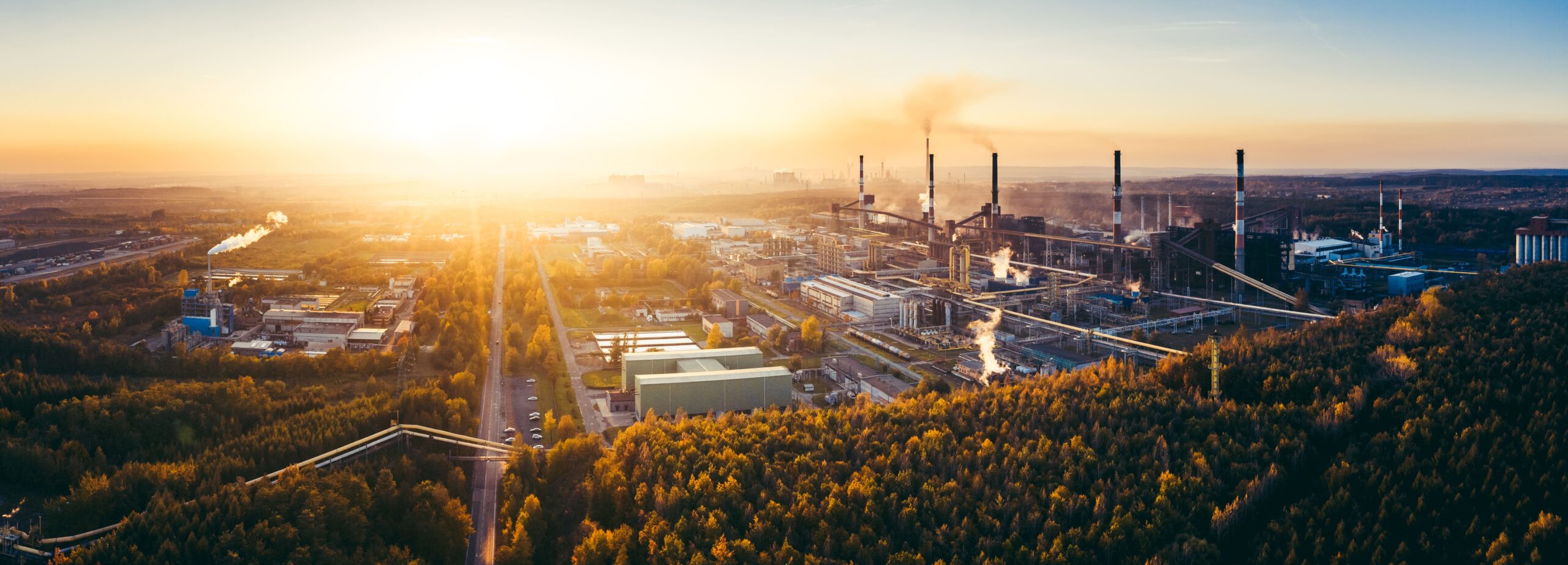
PEPR SPLEEN
Paving the way for a low-carbon future for industry
Research and development (R&D) has a major role to play in supporting the decarbonisation of French industry and the development of national industrial sectors for decarbonisation solutions. This is a fundamental challenge, given that industry is responsible for around 20% of France’s greenhouse gas (GHG) emissions. The National Low Carbon Strategy aims to reduce industrial greenhouse gas emissions by 35% by 2030 and 81% by 2050, compared with 2015 levels.
The PEPR SPLEEN aims to implement a structuring research programme to transform industrial processes to make them less greenhouse gas-emitting. Its aim is to encourage and support upstream research activities in the TRL 1-4* range, in line with the priorities defined as part of the national “decarbonisation of industry” acceleration strategy for France 2030. It is managed by CNRS and IFPEN.
* the level of technological maturity
The aim of the programme is to mobilise and unite the French scientific community in the design of industrial systems that emit less greenhouse gas, focusing on four complementary areas of research :
New prediction and monitoring tools :
- By acquiring and processing data in real time, in order to provide feedback on processes, in particular according to indicators based on life-cycle analysis, with a view to decarbonisation.
- By optimising synergies between production facilities and with local areas (particularly urban areas)
Integration of low carbon energies and efficiency :
- Using low-carbon fuels and solar thermal energy to produce industrial heat
- By electrifying the heat at the heart of industrial processes
- By recovering waste heat
- New cooling production systems
Processes decarbonisation and intensification :
- Through chemical reactions and catalytic conversion, reactors, cement and steel production, CO2 capture and separation.
CO2 storage and processing :
- By conversion into molecules of interest (chemistry) or fuels or materials (carbonates, polymers)
- By on-shore geological sequestration, with the aim of anticipating its socio-technical trajectory and long-term monitoring.
PEPR SPLEEN‘s missions
Ten targeted projects have been launched in 2023, mobilising structured communities around major issues such as the establishment of new life cycle analysis methodologies, industrial and territorial ecology, monitoring and real-time analysis tools for decarbonisation, solarisation of industrial processes, etc; eco-efficient chemistry aimed at improving the energy and material efficiency of conversions, the intensification of CO2 capture and separation processes to make them more energy-efficient and eco-effective, the improvement of processes based on oxy-combustion to concentrate CO2 flows, the conversion of CO2 into molecules of interest (including fuels) based on electro-catalysis, photocatalysis and biocatalysis and, finally, the socio-technical identification conditions for an onshore CO2 storage site in France.
In 2024, targeted projects will be selected through an open call for tenders from January to March and through a call for expressions of interest to be launched shortly.